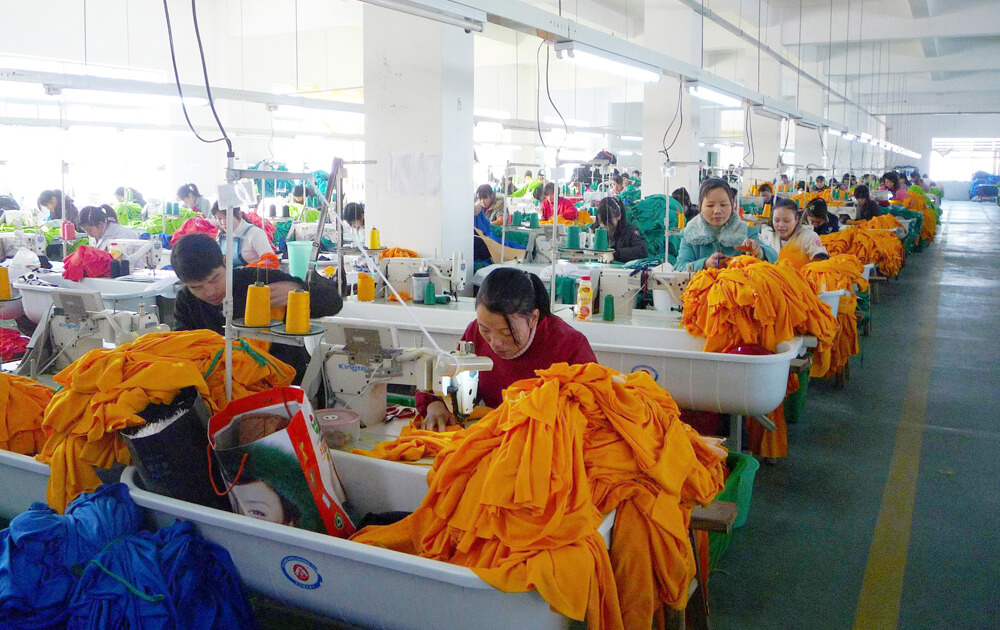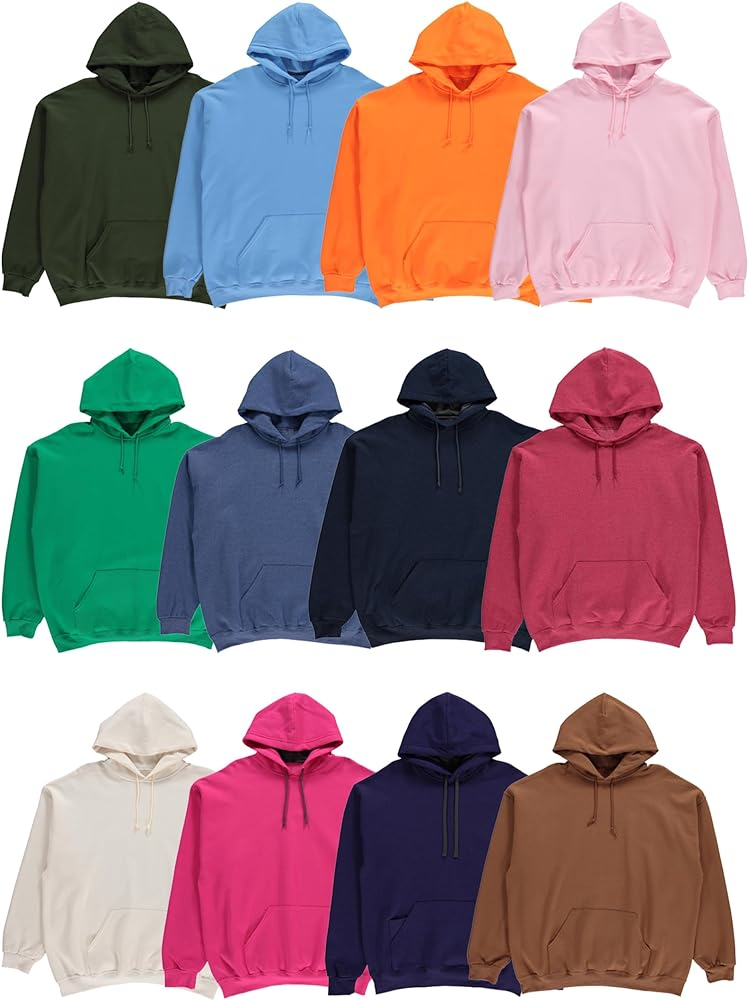In the business world, we often hear about manufacturers and wholesalers. But what exactly sets them apart? Let’s take a closer look.

Firstly, a manufacturer is like the birthplace of products. Manufacturers use different materials and techniques to make things. For example, a hoodie manufacturer will take fabric, thread, zippers, and other materials to create hoodies. They have big factories with lots of sewing machines and workers. These machines are used to cut the fabric, sew the pieces together, and attach the zippers or buttons. The workers make sure everything runs smoothly during the production process. Manufacturers focus on making the products as good as possible. They might do tests to check if the fabric is soft and durable. They also try to find ways to make more hoodies in less time and at a lower cost. This way, they can make money when they sell the hoodies to other businesses.

On the other hand, wholesalers are in the middle of the business chain. Wholesalers buy a large number of products from manufacturers. Let’s say a wholesaler of hoodies will buy hundreds or even thousands of hoodies from different hoodie manufacturers. They store these hoodies in big warehouses. Then, they sell the hoodies to retailers. Retailers are the stores where we usually buy things. Wholesalers are good at finding the best deals from manufacturers. They know which manufacturers make the best – quality hoodies at a good price. They also help with getting the hoodies to the retailers. They might arrange trucks to deliver the hoodies to different stores. And they can give retailers some advice on which styles of hoodies are popular and sell well.

In summary, manufacturers and wholesalers have very different roles. Manufacturers make the products, while wholesalers help get those products to the stores we shop in. Understanding these differences helps us understand how the hoodies we buy reach us.

